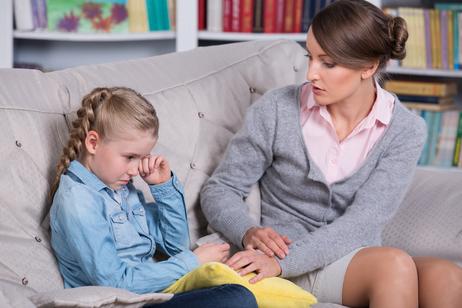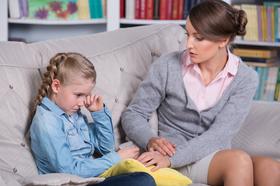Kids soak up knowledge from everything around them. Even before they step into school, you're their very first teacher, mom or dad! Learning doesn't stop with age—it's a lifelong journey. So, if you want your kid to be sharp and savvy, it's time to get serious about their education inside and outside the classroom.
When you ignite a passion for learning in your child, every day becomes a chance to discover something new. In this article, we'll dig into how you can help your kid make the most of their education.. We'll talk about tailoring learning to their style and adding extra learning at home. Let's dive in!
Understanding Your Child’s Learning Style
In the early years of public school, there was an assumption that all children learned the same way or, at the very least, material was taught in a specific way. More recently, it has become evident that there are several different learning styles, and every child is unique. By learning more about your child’s learning style, you can work with his teacher at school and with your child at home to help him maximize his education.
Here is an overview of the 7 different learning styles:
- Visual (Spatial) – This style learns best when they have an image to help them process the information or the opportunity to write out their thoughts.
- Aural (Auditory-Musical) – These learners respond primarily to sound. They may prefer to learn through rhythms or use rhymes to remember information.
- Verbal (Linguistic)

















